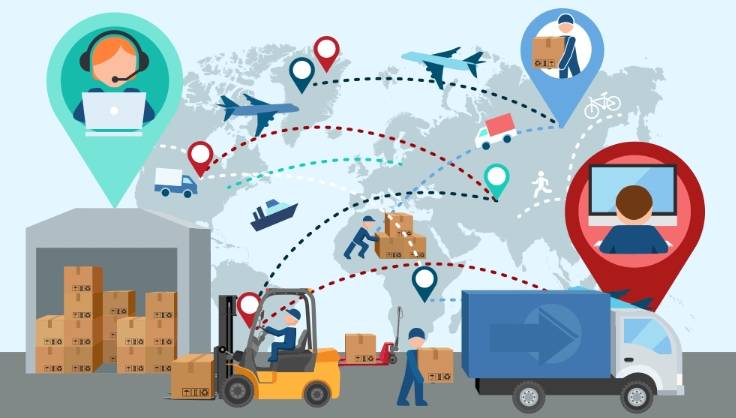CEO of Genius Returns (Brazil), automated reverse logistics platform, reveals that customer experience, security and ESG practices will be decisive for consumers next year.
Online sales for the first half of 2022 grew 6% over the same period last year, according to data from the Webshoppers 46 report, by Nielsen/Ebit, in partnership with BexsPay, a cross-border payment solution for digital global companies. The tendency is for them to continue growing; with the increase in orders, however, it is normal that the rates of product exchanges and returns also increase.
The e-commerce sector is constantly changing and some processes tend to follow this movement. This is the case, for example, of reverse logistics, which consists of the step-by-step process of collecting a product, at the customer’s request, for exchange or reimbursement. “Reverse logistics is still little explored and known in Brazil, both by consumers and retailers. Last year, for every ten purchases made in e-commerces, three were returned. The products that led the requests were footwear, clothing and accessories”, says Maurício Cwajgenbaum, CEO of Genius Returns, an automated reverse logistics platform.
For the executive, the changes are positive and mean that the sector is developing.
“More active post-sales, performance measurement and alternatives that guarantee a faster exchange or return are among the main innovations in the category for 2023. With Genius’ automated platform, for example, we make the customer aware of the entire process, where it is the product, whether the retailer will refund with a voucher or exchange. The procedure, which used to take up to 45 days, is now resolved in five,” he says.
Mauritius listed three reverse logistics trends that should strengthen in 2023. Check it out:
· After-sales customer experience
Many e-commerces are already aware of the experience that the customer has when purchasing the product. However, a trend for the coming years is to accompany the consumer in the after-sales phase, one of the most important stages of the journey. It is at this moment that the retailer will know if the user is satisfied with the product trail or if he wants to exchange or return it.
“Customer experience is essential and the great differentiator in the reverse logistics area. A complete journey, with clear exchange and return policies and a humanized service, makes all the difference for those who are buying. In 2023, after-sales services will be decisive when consumers choose where to buy”, explains the CEO.
· Data scanning and analysis
Automation in reverse logistics processes has been consolidating since the pandemic. In the coming years, reading Customer Data, such as satisfaction, recommendations and improvement tips, will be essential for companies in the sector. Artificial intelligence and Big Data also stand out.
“Data analysis is a very important area for many companies. Some of the most sought-after employee profiles for 2023 will be Big Data and AI specialists, as well as those who can develop environments to optimize time and resources. Thus, the teams can be more strategic and think more about the company’s growth”, says Cwajgenbaum.
· Concern about ESG practices
Many consumers consider ESG (environmental, social and corporate governance) practices decisive when choosing where to buy. According to data from the Locomotiva Institute and the CAUSE consulting firm, 85% of respondents say they give preference to companies that support environmental and/or social causes – and this also applies to reverse logistics processes.
“The issue of ESG must be taken into account by retailers, since carbon emissions can increase in the process of removing the product from the consumer’s home, taking it to the distribution center and back to the customer”, says Maurício, calling the Pay attention to the correct disposal of parts. “E-commerce needs to consider where it will dispose of the defective product, if so, and how this will be done. It is important to think of ways to improve practices and contribute to the health of the planet”, he concludes.

